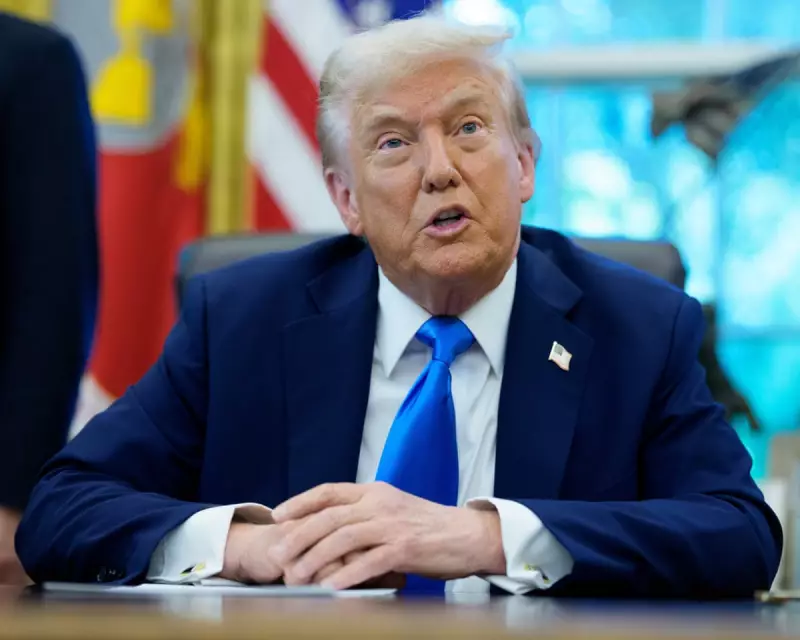
Alarming reports emerging from Washington suggest former President Donald Trump has taken the controversial decision to suspend vital weapons assistance to Taiwan, triggering immediate concerns among security analysts and diplomats.
According to intelligence sources, this unexpected move appears strategically timed as Trump engages in delicate trade negotiations with Beijing, leading experts to fear Taiwan's security is being used as a political bargaining chip.
Geopolitical Gambit Raises Alarm Bells
Security specialists have expressed profound concern that pausing military support to a democratic ally represents a dangerous precedent. "This isn't just about weapons—it's about signalling to Beijing that Taiwan's sovereignty is negotiable," warned Dr Evelyn Thorne, senior fellow at the Royal United Services Institute.
The alleged suspension includes critical systems essential for Taiwan's defence capabilities against potential aggression. This development comes amid increasing military provocations from China in the Taiwan Strait.
Trade Talks Cast Long Shadow
Multiple sources indicate Trump's team is actively pursuing a major trade agreement with China, suggesting the Taiwan decision may be intended as leverage. This approach mirrors tactics employed during his previous administration, where security concerns were often intertwined with economic negotiations.
"Trading security assurances for commercial advantages sets a perilous precedent," noted Professor James Chen of King's College London. "It undermines decades of consistent US policy and potentially emboldens Chinese ambitions in the region."
International Reactions and Consequences
Allies in the Indo-Pacific region are reportedly watching developments with growing apprehension. Japan and South Korea have privately expressed concerns about the reliability of US security commitments should Trump return to office.
Meanwhile, Taiwan's officials have maintained diplomatic silence, though sources indicate serious unease within the administration about the potential shift in US support.
The situation remains fluid, with White House officials declining to comment on what they term "speculative reporting." However, the reports have already begun affecting strategic calculations across the region, potentially altering the delicate balance of power in one of the world's most volatile flashpoints.





